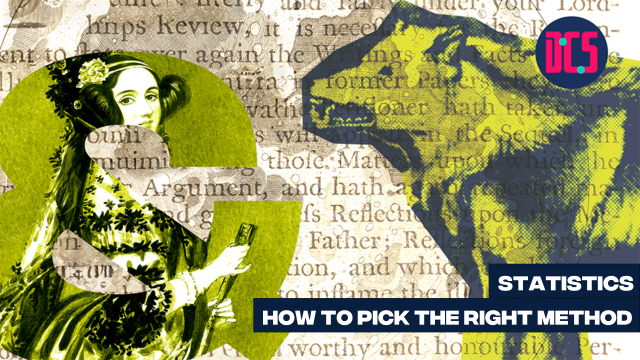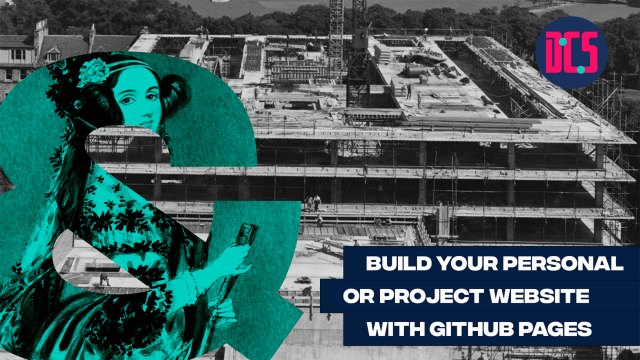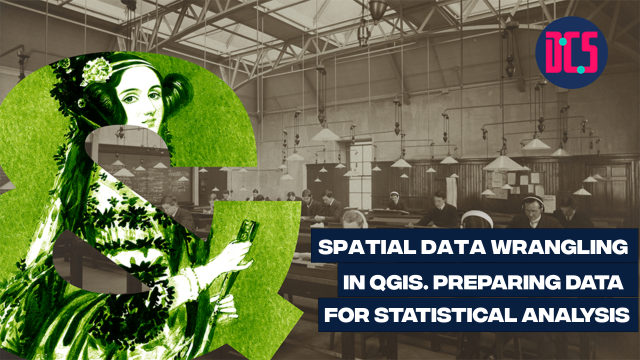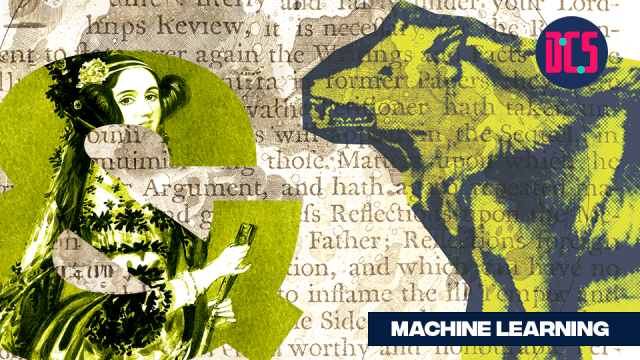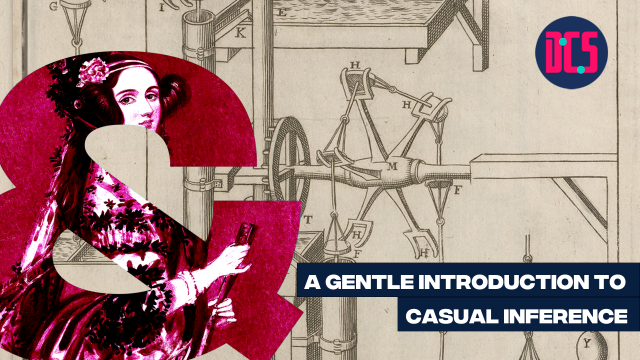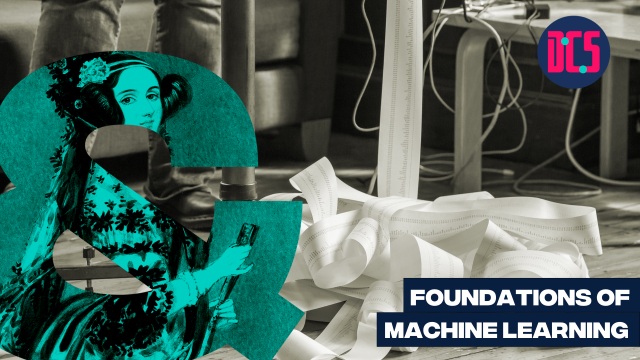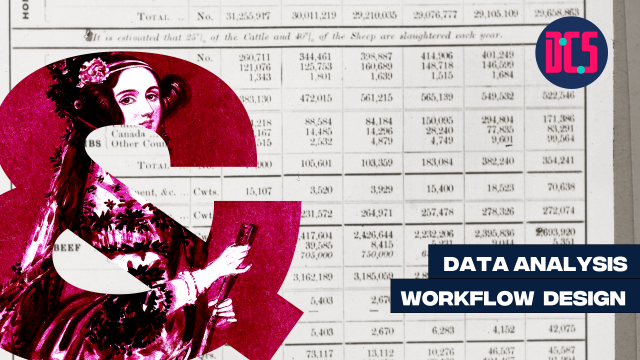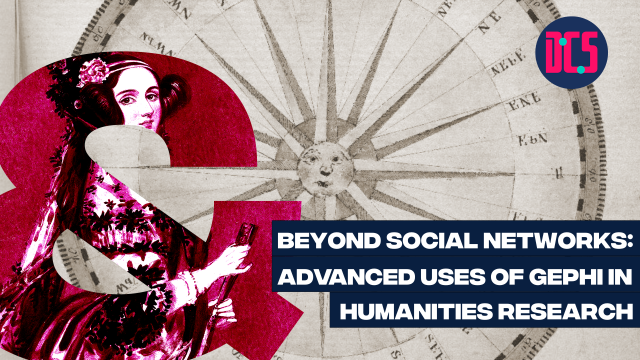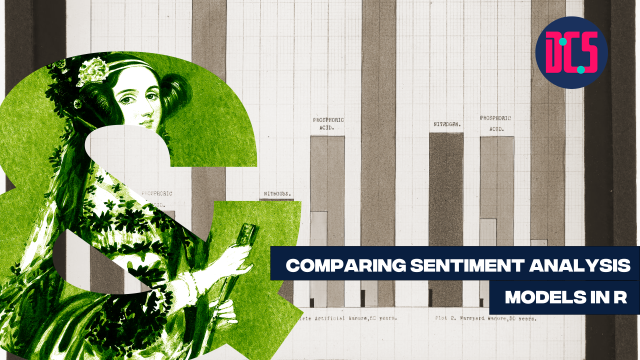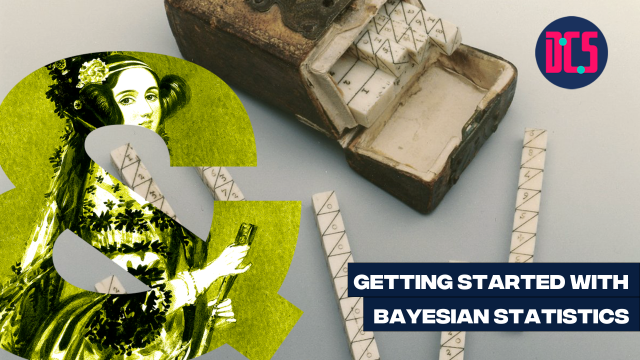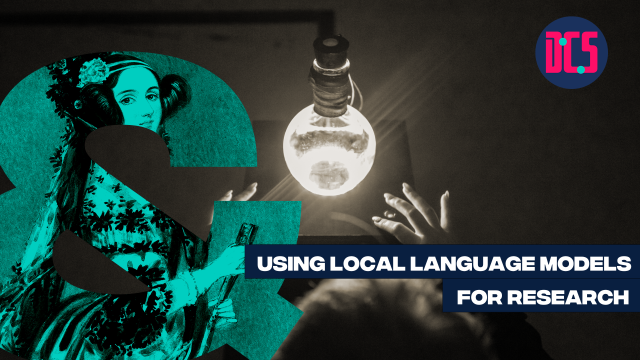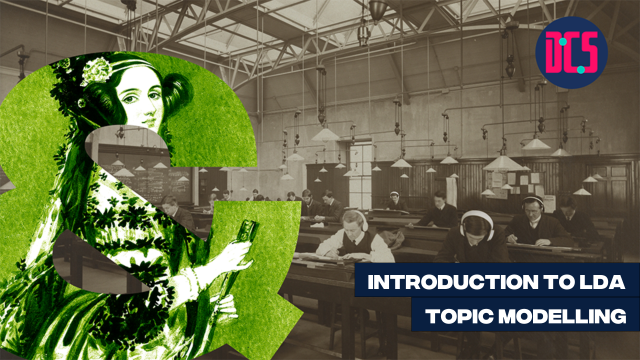Null Hypothesis Testing in R

In Person
This two-class course will focus on developing theoretical and practical skills for null hypothesis testing in R.
The course will begin with a brief overview of statistics and go on to cover different types of null hypothesis testing methods and how to choose the right one.
Null-hypothesis testing is a way to check if the results from a study or experiment are strong enough to prove that something is happening, rather than just being due to random chance.
The course will ultimately build on an understanding of basic statistical analysis and show how more complex statistical analyses can be used in R. The relatively advanced techniques and theory behind all of this are highly applicable to wider concepts and will allow you to apply and build on the core concepts with your own research.
This is an intermediate-level course. A basic understanding of R and statistical analyses is assumed. Attendees must be familiar with the RStudio interface and how to run code in it. They should be familiar with importing data and performing basic data-wrangling tasks (e.g., exploring a dataset's structure).
Those who have registered to take part will receive an email with full details and a link to join the session in advance of the start time.
This course is taught by Rhys Davies with the collaboration of Aislinn Keogh.
After taking part in this event, you may decide that you need some further help in applying what you have learnt to your research. If so, you can book a Data Surgery meeting with one of our training fellows.
More details about Data Surgeries.
If you’re new to this training event format, or to CDCS training events in general, read more on what to expect from CDCS training. Here you will also find details of our cancellation and no-show policy, which applies to this event.
Learning Outcomes:
- Deepen understanding of fundamental hypothesis testing concepts, including types of variables and their associations.
- Understand the different test/post hoc test and their relationship with the type of variables.
- Be able to choose the appropriate testing according to datasets and hypotheses.
- Know how to report results.
Knowledge refreshment pre-reading suggestions:
- Introductory video on navigating RStudio
- Beyond Multiple Linear Regression
- Statistical Analysis Pathway of Learning
If you're interested in other training on data analysis, statistics, and machine learning, have a look at the following:
- Digital Method of the Month: Statistical Methods - Linear Modelling
- Introduction to Statistics and Descriptive Statistics
- A Gentle Introduction to Causal Inference
- Introduction to Bayesian Statistics
- Digital Method of the Month: Machine Learning
- An Introduction to Machine Learning
- Regression and Mixed Effects Modelling
Return to the Training Homepage to see other available events.
Room 4.35, Edinburgh Futures Institute
This room is on Level 4, in the North East side of the building.
When you enter via the level 2 East entrance on Middle Meadow Walk, the room will be on the 4th floor straight ahead.
When you enter via the level 2 North entrance on Lauriston Place underneath the clock tower, the room will be on the 4th floor to your left.
When you enter via the level 0 South entrance on Porters Walk (opposite Tribe Yoga), the room will be on the 4th floor to your right.

